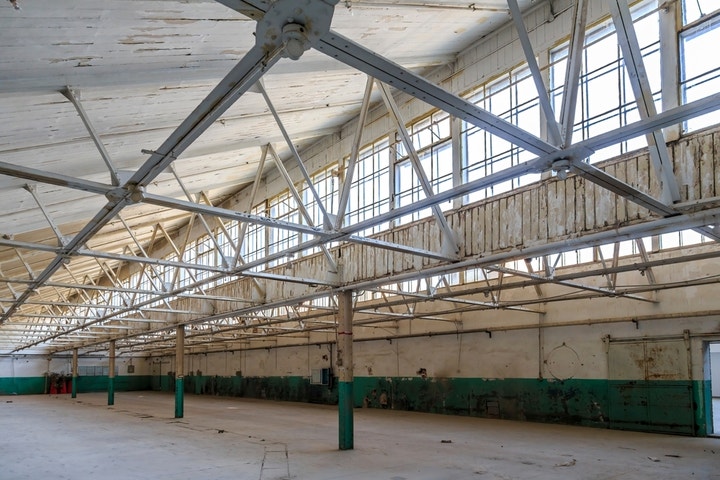Benzinga and Yahoo Finance LLC may earn commission or revenue on some items through the links below.
In one of the largest quarterly fundraising efforts by a real estate company, Brookfield Asset Management (NYSE:BAM) has raised $5.9 billion through distressed commercial real estate, bringing its total war chest to $16 billion, The Wall Street Journal reports.
The fallout of rising interest rates has hit commercial property owners especially hard, and lenders are now pressuring them to sell, often at deep discounts, the Journal writes. Thus, real estate investment firms such as Brookfield have been sourcing fundraising efforts from institutional lenders, pension funds and endowments to take advantage.
Don’t Miss:
“We’re buying at much lower prices than we would have a few years ago,” Lowell Baron, chief investment officer of Brookfield’s real-estate group, told the Journal. The $16 million haul that Brookfield has is the largest ever in the company’s history. The Journal reports that they plan to raise another $2 billion before the fund closes.
Formerly based in Toronto, Brookfield relocated to New York in 2024 and has thus far invested a quarter of its fund in apartment buildings and warehouses at discounts of 20%- 40% from peak prices.
Private-equity real estate firms have found investors willing to get involved in large raises recently. According to real estate data and analytics firm Private Equity Real Estate, investors raised $57.1 billion in the first quarter, a vast increase from the $32.5 billion raised over the same period in 2024.
Trending: Arrived Home’s Private Credit Fund’s has historically paid an annualized dividend yield of 8.1%*, which provides access to a pool of short-term loans backed by residential real estate with just a $100 minimum.
In March, private-equity giant Blackstone (NYSE:BX) announced an $8 billion final close for its latest fund, BREDS V, to buy distressed commercial real estate in the U.S., Europe and Australia. Debt funds such as those raised by Blackstone and Brookfield became more prevalent after the 2008 global financial crisis, when traditional banks became skittish about real estate lending, the Journal reported. However, following the surge in interest rates in 2022 to curb inflation, private equity encountered difficulties in raising funds for real estate.




Add Comment